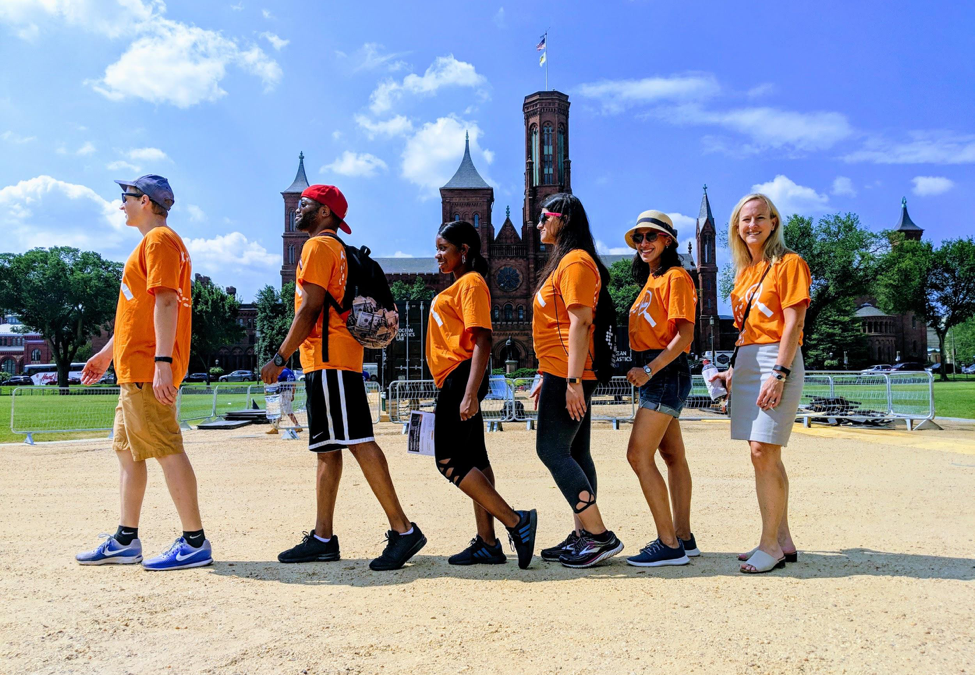The truth is a tricky thing to conquer. Some say none of us can handle it. Others say it sets you free. My truth is that I grew up in a not-so-nice neighborhood. I had to learn at a young age that I must protect myself from both people and a system that is designed to handicap me. Because of this reality, I entered college knowing that I wanted to pursue a career that would not only combat this system, but help give a voice to the voiceless. That is when I discovered public relations.
Public relations, however, has never had a good reputation for helping those in need. For a while, I struggled with understanding the benefits of communications in terms of helping others. Thankfully, I had the opportunity to learn otherwise through the Frank Karel Fellowship and as an intern with Truth Initiative.
During the past three weeks, I have grown much more confident in my ability to use strategic communications and storytelling as a platform to help advance any social cause. Until now, I never really understood how important a good story was when it comes to motivating your audience. And at the end of the day, change doesn’t even have to be this grandiose turn around. It can simply mean one person going home and adopting a new attitude, and storytelling can do that. Storytelling is a big part of Truth’s communications strategy. We really focus on capturing real life stories and sharing them with the world.
Throughout my first day at Truth, I was surprised and elated at the amount of diversity in the office. Even my wonderful mentor Starla Stiles, who is the director of communications, is a black woman. It has always been important for me to see faces that look like mine in positions of power. It gives me a sense of hope for my future and for the future of younger girls, who will look up to us and believe that they can do it too.
Truth’s mission is to make tobacco use a thing of the past, and we do this by informing young people of how harmful it is to their health. Our hope is that while tobacco companies are marketing toward low-income and minority communities, this generation’s youth can be able to make informed decisions about tobacco. Some of the things I work on day-to-day include publishing articles, including one about the unexpected ways tobacco affects the body; conducting research for my team that will be used as a quick reference sheet throughout the office; and also helping optimize Truth’s appearance on different websites. Truth’s mission is important to me because I know far too many friends and family who have fallen for these ads and gone down the wrong path — often times dropping out of high school or even ending up in jail. I just wish they knew the truth.
By the end of my Fellowship, I hope to have an even greater understanding of how to communicate with any audience that I’m asked to work with. The Frank Karel Fellowship has taught me that no matter the audience, it’s important to make them feel like either the hero or the helper, never the villain. Your audience may identify with a group that has done bad things, but they too can be moved with the right stories. My truth has always been and will always be to help communities that are underserved by telling their stories. So, what’s your truth?

